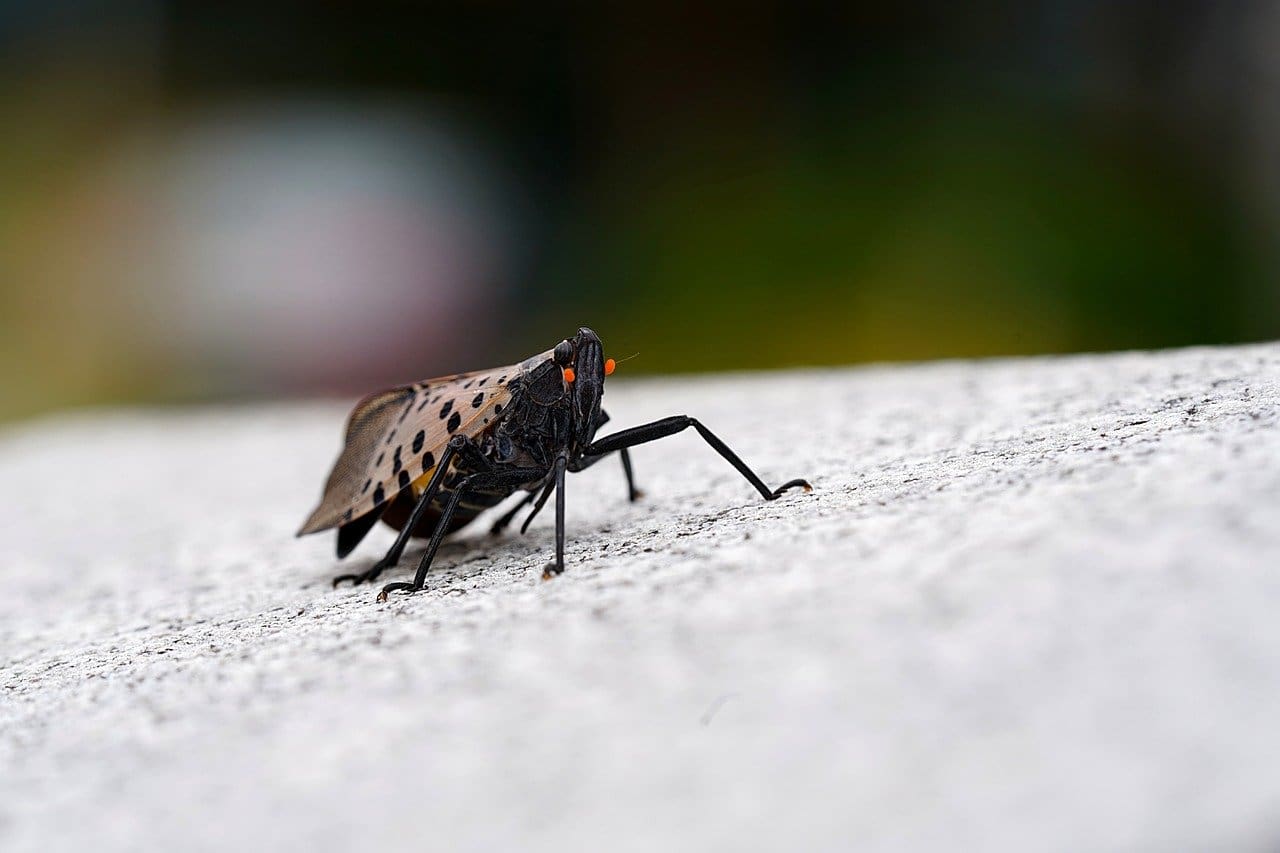What do spotted lanternfly nymphs eat? Education is critical to understanding the diverse diets of these hungry pests.
Although smaller than adults, spotted lanternfly nymphs have a big appetite. So, what do spotted lanternfly nymphs eat? Understanding is an essential step in eradicating these pervasive pests.
They’re notorious for their diverse palate, which includes over 70 plant species. Their diet primarily consists of sap from trees, plants, and agricultural crops. This makes them a significant threat to our economy and our ecosystems.
At Borst Landscape & Design, we’re all about nurturing nature while safeguarding your space. Our revolutionary approach harmonizes cutting-edge pest control with eco-friendly, organic solutions. We believe in a balanced ecosystem where pests are managed effectively without harsh chemicals. With a team of experts dedicated to understanding your unique needs, we tailor solutions that work specifically for your space.
For your free consultation, call (201) 785-9400 or fill out a contact form on our website.
What do spotted lanternfly nymphs eat?
These nymphs are like culinary explorers in the plant world. So, what do spotted lanternfly nymphs eat? The answer is almost anything! They snack on the sap of trees, plants, and crops. They’re notorious for being a massive headache in agriculture.
They have a particular affinity for fruit trees, notably apple, cherry, peach, and grapevines. Their dining habits involve sucking out nutrients from these trees, causing massive damage. This leads to reduced fruit production and even death in severe cases.
But it’s not just fruits they go for – these nymphs are not picky eaters. They also feed on ornamental plants, hardwood trees, and even some agricultural crops. They target various species, which makes them a significant concern for farmers, gardeners, and the ecosystem as a whole.
What happens to the trees that are targeted?
As nymphs mature, their hunger intensifies. They have a huge appetite and gulp down sap like it’s going out of style. This weakens the plants, obstructing their growth and ability to survive tough times.
Plus, their feeding frenzy doesn’t just harm the plants for the current season – their lasting effects make plants more vulnerable to pests and other diseases in the future, too.
To add insult to injury, these nymphs leave behind a sticky, sweet substance called honeydew. This attracts other insects and leads to the growth of sooty mold, further disturbing the growth cycle of these poor plants.
How to combat the spotted lanternfly
Stopping these pests involves understanding their habits. So, what do spotted lanternfly nymphs eat? People are trying everything: removing their favorite plants, using sticky traps, and even insecticides aimed at these tiny terrors.
Dealing with these pests needs a team effort. The public should know about their eating habits and how they wreck the ecosystem. It’s all about sharing knowledge and taking action to stop their spread. By raising public awareness, we can all take the necessary steps to prevent their spread.
Scientists are working hard to find innovative ways to deal with these unwanted guests. They’re looking into natural enemies or parasites that can remove the spotted lanternfly without further disturbing the environment.
It’s a battle that needs everyone’s participation. Communities, governments, and environmental advocates must work together to protect agriculture, save our green spaces, and keep our plants healthy.
Partnering with Borst = prioritizing the environment
These spotted lanternfly nymphs have a considerable appetite for destruction. They eat their way through different plants, causing chaos in the natural world. Understanding what spotted lanternfly nymphs eat – and taking action! – is key to saving our green planet.
Choosing Borst means opting for a future where pest management is about more than eradication – it’s about coexisting with nature. Our organic solutions create a healthier, safer environment while effectively managing pests on your property. Join us in building a world where sustainable practices and pest-free spaces unite. Together, we can ensure a harmonious balance for generations to come.
Call Borst at (201) 785-9400, or reach out online today!

